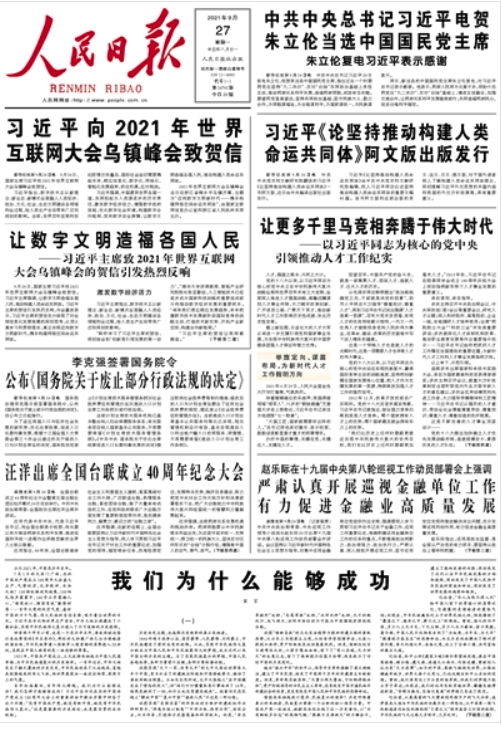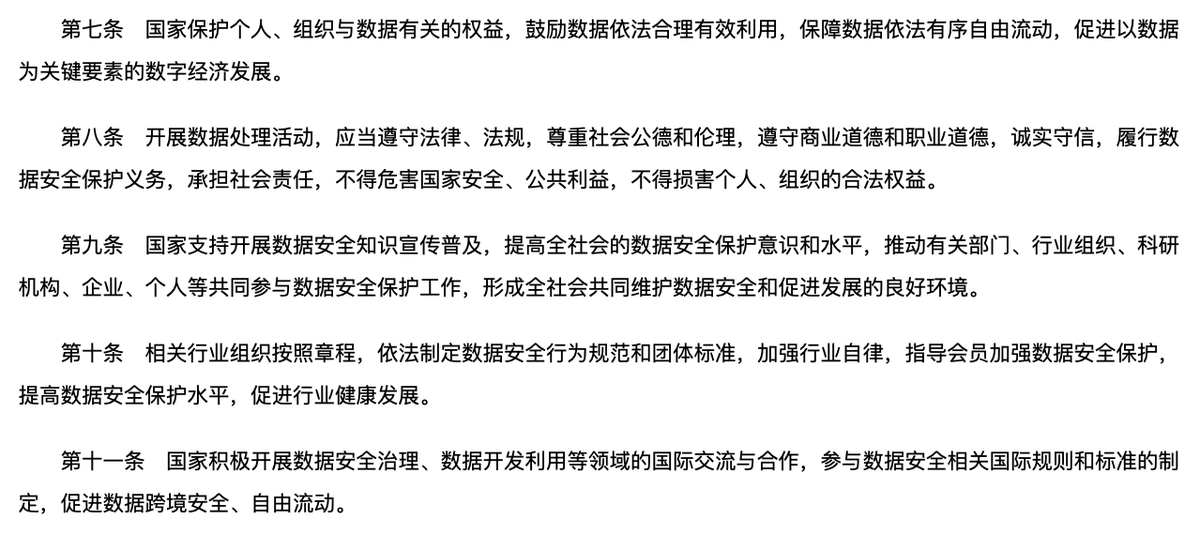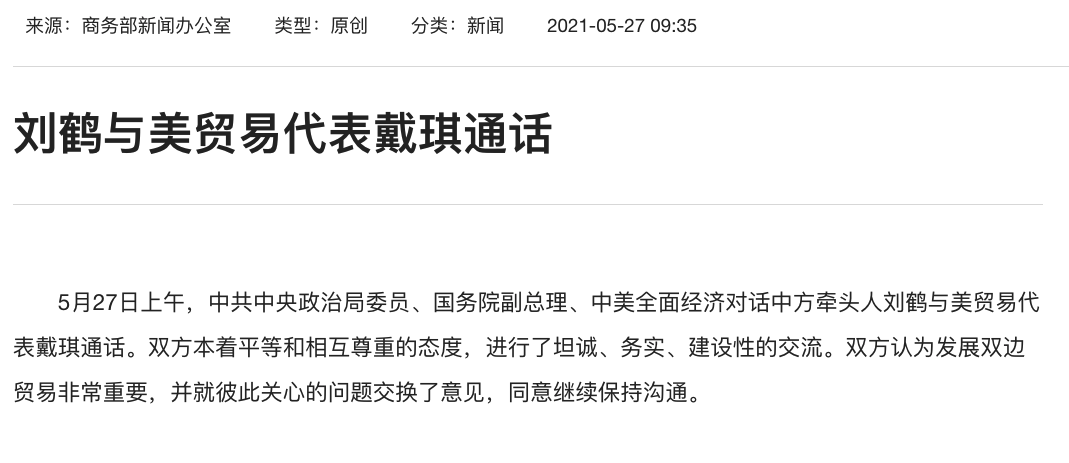
What is China's secret success formula?
unveiled today in a story called "Why We can Succeed" on the front page of the People's Daily:
unveiled today in a story called "Why We can Succeed" on the front page of the People's Daily:

"The leadership of the Communist Party of China is our greatest advantage from victory to victory...
It is precisely because of the greatest advantage of the party’s leadership that we have achieved great achievements in rapid economic development".
It is precisely because of the greatest advantage of the party’s leadership that we have achieved great achievements in rapid economic development".

"The greatest significance of China’s peaceful development to the world lies ...in the new Chinese-style modernization path created by China and the new form of human civilization created by China, which contributes Chinese wisdom and Chinese solutions to mankind" 

"The world is eager to learn from China... The "governance of China" is having an increasing influence in the world".
paper.people.com.cn/rmrb/html/2021…

paper.people.com.cn/rmrb/html/2021…


• • •
Missing some Tweet in this thread? You can try to
force a refresh



















